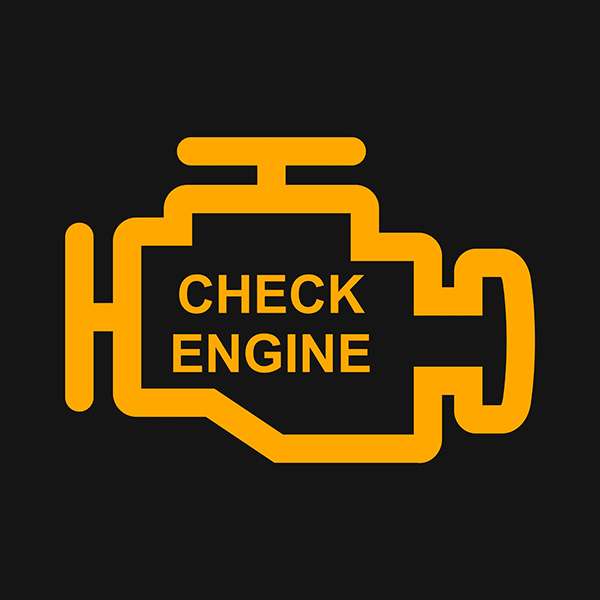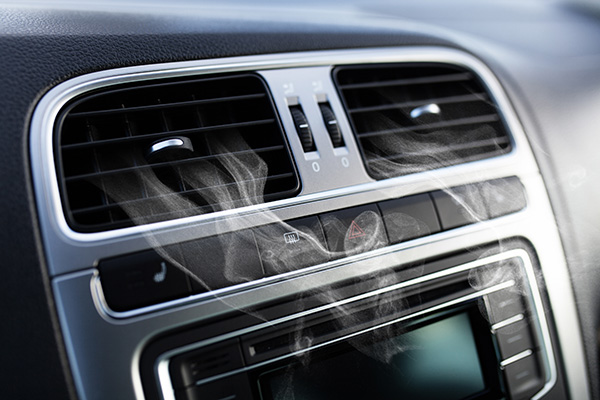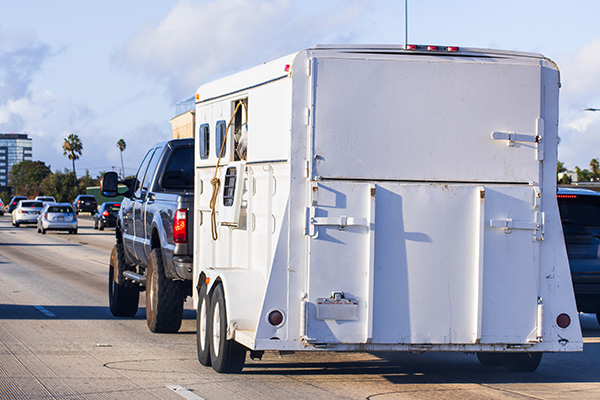Posted on 3/28/2025

Your check engine light is your dashboard's most misunderstood warning indicator. It’s easy to assume that as long as your car is running fine, the light isn’t a big deal. But ignoring it can lead to serious mechanical problems, expensive repairs, and even a breakdown at the worst possible time. This warning light is your vehicle’s way of telling you that something isn’t functioning as it should. Whether it’s a minor issue like a loose gas cap or a major problem like a failing catalytic converter, putting off an inspection can allow small issues to turn into major, costly repairs. Understanding what your check engine light means and what can happen if you ignore it can save you both time and money. Why Does the Check Engine Light Turn On Your car’s onboard diagnostic system (OBD-II) is designed to monitor key engine and emissions components. When it detects a problem, the check engine light turns on to alert you. The cause cou ... read more
Posted on 2/28/2025

A burning oil smell coming from your car is never a good sign. Whether it's faint or overwhelming, this odor usually points to a problem that shouldn’t be ignored. If your vehicle smells like burning oil while driving or after parking, it could mean an oil leak, worn engine components, or overheating parts. Ignoring the issue could lead to engine damage, costly breakdowns, or even safety hazards. Understanding the most common causes of a burning oil smell and knowing what to do about it can help you keep your car in top condition. If you’ve noticed this unpleasant odor, here’s what might be happening under the hood. Oil Leaks and Dripping Onto Hot Components One of the most common reasons for a burning oil smell is an oil leak. If oil is leaking from the engine and dripping onto hot parts like the exhaust manifold or catalytic converter, it will burn off and produce a distinct odor. Leaks can develop from worn-out gaskets, loose oil filters, o ... read more
Posted on 1/31/2025

If you’re in the market for a vehicle that can handle heavy loads, chances are you’ve heard plenty about diesel engines. But what makes diesel such a powerhouse for towing? Whether you’re hauling equipment, a boat, or a travel trailer, a diesel engine might just be your best bet. Let’s see why diesel engines stand out when it comes to towing. Why Diesel Engines Shine for Towing The secret to a diesel engine’s towing prowess lies in its design. Unlike gasoline engines, diesel engines operate using compression ignition, which allows them to generate more torque at lower RPMs. Torque, in case you’re wondering, is the twisting force that gets your vehicle moving from a standstill — a critical factor when towing heavy loads. Because diesel engines excel at delivering high torque at lower speeds, they’re incredibly efficient at pulling weight without putting extra strain on the engine. This capability makes them a go-to choi ... read more